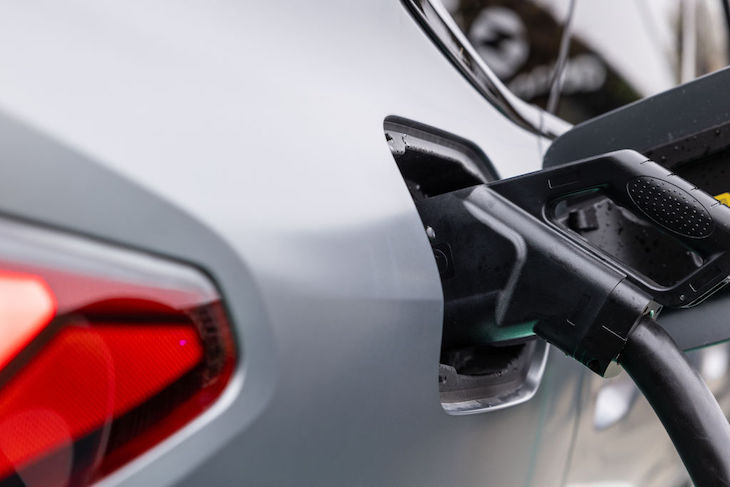At last, the government has found a use for that large pile of surplus money which has been causing it such a headache: it is going to bribe motorists with grants of up to £3,750 to buy an electric car. If that sounds familiar, it is because the previous, Conservative government had a similar scheme, offering grants of up to £4,000 before they were whittled down and withdrawn in 2022.
Chucking money at EV-buyers is going to cause a lot of trouble for very little gain
If the government is going to subsidise the purchase of electric cars on the grounds that they are less environmentally-damaging than petrol and diesel ones, why isn’t it offering even larger bungs to people who don’t buy a car at all? Buying an electric car rather than a petrol or diesel one might cut your carbon emissions by half, depending on how many miles you drive, but that is nothing compared with the reduction in emissions from not buying a car at all. So, logically, if the government is going to dangle electric vehicle (EV) grants, it should also be paying bungs of £7,500 or more to people who agree not to buy a car and travel everywhere on foot or by bike instead.
But leaving that aside, what makes the government think that its new offer will spark the market for EVs when the grants showered on motorists by the May and Johnson governments failed to do so?
Transport secretary Heidi Alexander put her finger on some of the reasons why motorists are reluctant to go electric when she said on Sunday she hasn’t bought an electric car because she lives in a terraced house with no driveway and that therefore it would be impractical for her. Indeed. In fact, around a quarter of UK households are in the same position. Even if you can find a way of trailing a cable across the pavement without tripping over pedestrians (and therefore making life more difficult for those taking the most environmentally-friendly journeys of all), owners of terraced houses don’t tend to own the street outside their homes and have no exclusive right to park there. Moreover, what are you supposed to do if you live in a third floor flat? For millions of motorists, buying an EV will make them totally dependent on a public charging network that is not only sporadic but also expensive. No government grant is going to negate that.
As well as the carrot being dangled in front of motorists this week, the government is also wielding a very large stick in the shape of the Zero Emission Vehicle (ZEV) mandate, which compels manufacturers to ensure that 28 per cent of the cars they sell this year are pure electric, with fines of £15,000 for every vehicle by which they fall short. In 2025 so far the industry has managed just 21.6 per cent – so is heading for a massive financial hit at the year’s end. If you can’t stimulate the market with either a stick or a carrot you have to ask about the product. No amount of evangelism on the part of EV enthusiasts can cover up the fact that most motorists simply don’t want to buy this product.
Nor, by the way, are the new grants going to help Britain in trade negotiations with the Trump administration. The Starmer government is attempting to emulate Joe Biden’s Inflation Reduction Act, which was a blatant protectionist device dressed up in environmental clothing. The grants, it seems, will only be available for UK-made EVs. Somehow, I don’t think that is going to go down well with Trump, who abolished Biden’s EV grants. Chucking money at EV-buyers is going to cause a lot of trouble for very little gain.







Comments